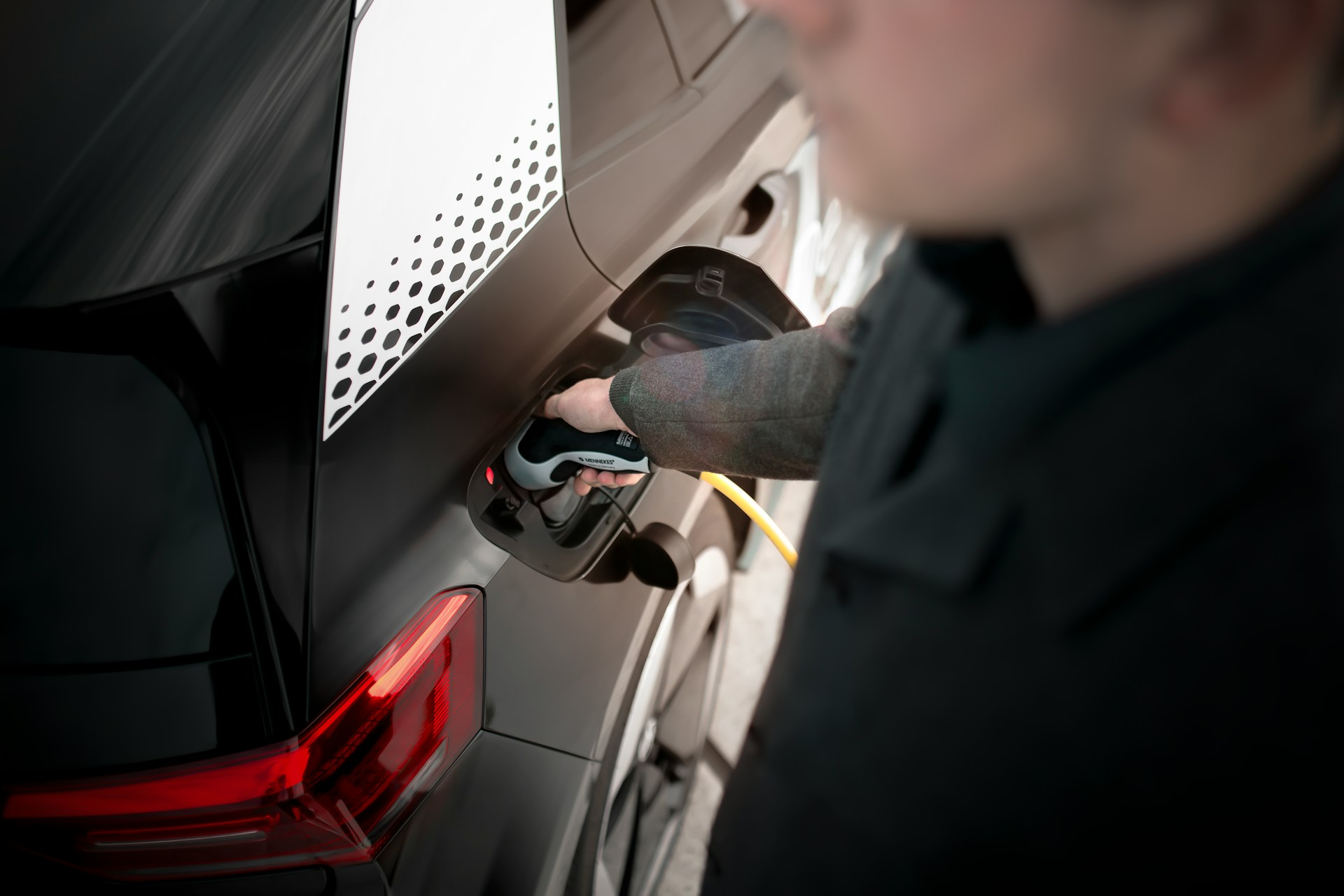
How Do Free Electric Charging Stations Shape the EV Ownership Experience?
We are reader-supported. When you buy through links on our site, we may earn affiliate commission.
As more consumers weigh whether to buy greener vehicles, many want to learn how many free electric charging stations are in their areas. They may also perceive “free” in two ways — no-cost and available to use. These power points are nowhere near as widespread as gas stations yet, but how does that reality shape people’s purchasing decisions and EV ownership satisfaction?
Charging Worries Impact People’s Purchase Willingness
Switching to electric vehicles from gas-powered ones requires consumers to be open to change. Unfortunately, though, many humans don’t naturally embrace doing things differently. They would rather stick with what they’ve known the longest, even when better alternatives exist.
However, potential hesitations regarding electric vehicles are easier to understand. What if someone lives in a rural area with no free electric charging stations within 50 miles? If they cannot feasibly install recharging points at home, that could be a major barrier to future purchases.
Hesitations About Ownership
A 2024 study indicated the percentage of people saying they were “very likely” or “overall likely” to purchase EVs has declined slightly. Moreover, most of the top five reasons for disinterest related to charging. For example, the lack of available charging stations was the top reason, cited by 52% of respondents not likely to purchase electric vehicles. People also had issues with the time required to charge, the limited driving range, and the inability to charge their automobiles at home or work.
If people cannot find free electric charging stations where they spend the most time, it makes sense that the lack of access would discourage them from purchasing the cars that require them. Additionally, less than a quarter of those polled who drove from 46-60 minutes each way for their commutes said they were very likely to become EV purchasers.
Many individuals are interested in becoming electric vehicle drivers because of the positive impact on the planet. After all, the transportation sector accounts for approximately 29% of greenhouse gas emissions in the United States. However, some will not be as open to it if they do not feel confident of finding free electric charging stations near where they work or live.
Additionally, if charging the cars takes too long or there is a lengthy wait due to a station’s popularity, those issues may pose other barriers. These thought-provoking realities illustrate how becoming an EV owner is not necessarily as clear-cut as some might initially expect.
Free Electric Charging Stations and Safety Concerns
Locating a place to charge an electric vehicle is a good start, but people also need to feel safe when getting their cars ready to hit the road again. Consider how most gas stations are well-lit establishments that may be staffed 24 hours a day. That is not necessarily the case with EV charging stations. Each location offering them may have only one or two, and they are sometimes in relatively isolated areas, such as in the parking lots of businesses only occupied during daytime hours.
Women Have Safety-Related Charging Concerns
A 2023 study examined how females in Canada and the United States feel about their safety when charging their electric vehicles. Of the Canadian respondents, nearly 50% said accessible and well-lit recharging stations would convince them to become EV owners. Additionally, almost 30% expressed concerns about the locations of current charging points. Another takeaway was that 20% of participants said secure places to charge their vehicles would be convincing selling points.
Those surveyed in the United States had similar feelings, with 43% expressing charging station safety concerns and 40% believing it was important that these amenities were in well-lit, accessible and non-remote locations. Additionally, 21% said the availability of such options could influence their next vehicle purchases. Free electric charging stations were not the only things on the minds of these respondents. Although they would likely appreciate them, that might only be true if they perceived the locations as safe.
Fortunately, people can influence the future locations of charging points. Consider, for example, how a 2022 Massachusetts initiative allowed residents to suggest the best places for them.
Range Estimates Not Always Accurate
Research has also suggested that the range estimates provided to EV shoppers may not necessarily give accurate pictures of a model’s capabilities. That issue could increase consumers’ desire to find free electric charging stations once they own those cars.
Highway Tests Posed Problems for Many EVs
Consider a 2023 investigation in which researchers put 22 of the most popular models through tests to mimic highway driving. More specifically, these trials involved driving the vehicles steadily at 70 miles per hour and only stopping when the cars’ batteries were so depleted that they could not continue.
The results showed nearly half fell short of their range estimates. The most significant example was an electric pickup truck that ran out of battery 50 miles before the stated details suggested. Conversely, some tested automobiles did significantly better than the range estimates, going more than 40 miles over them.
Of course, most people won’t exclusively drive at highway speeds. Still, this study highlights how current and prospective EV owners must remember that the published information represents guidelines rather than guarantees.
There was also an interesting study that found people drive EVs nearly 4,500 fewer miles annually than those with gas-powered automobiles. One of the main conclusions was that the result means individuals may overestimate the emissions savings of electric vehicles.
However, we could also look at things another way and consider that EV owners may not be as dependent on free electric charging stations as they think. Perhaps these car users are more likely to use other green transportation methods — such as walking and biking — so they use their cars less often than others. In any case, those considering becoming electric vehicle drivers should study their current driving habits and learn whether the existing infrastructure supports their charging needs.
Free Electric Charging Stations and Beyond
It’s easy to understand why current or potential EV owners would want to know if there are any free electric charging stations close to where they live, work or frequently travel. Additionally, those who love taking road trips would appreciate the results of the highway tests since many such long-distance journeys involve lengthy stretches of road with few stops.
However, the above insights show the cost of charging stations — and to a lesser extent, their availability — do not cover all the concerns people have. The more information they can get before finalizing their purchases, the more confident they should feel in the outcome and overall experience.
Share on
Like what you read? Join other Environment.co readers!
Get the latest updates on our planet by subscribing to the Environment.co newsletter!
About the author

Steve Russell
Steve is the Managing Editor of Environment.co and regularly contributes articles related to wildlife, biodiversity, and recycling. His passions include wildlife photography and bird watching.





